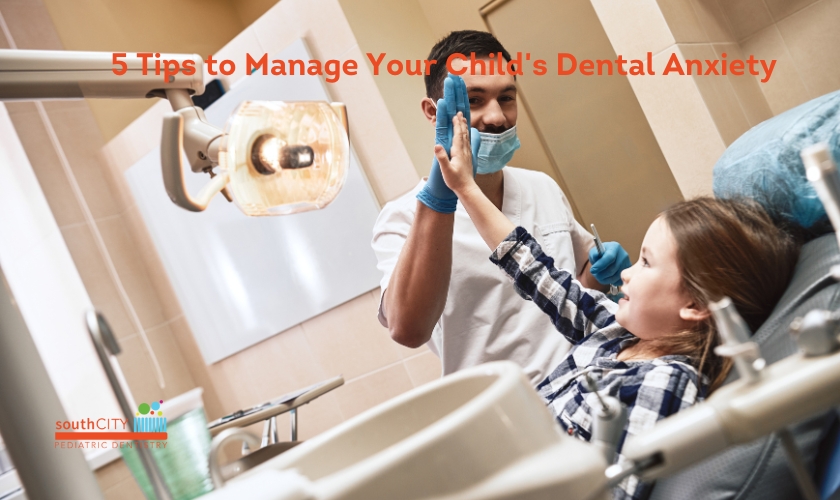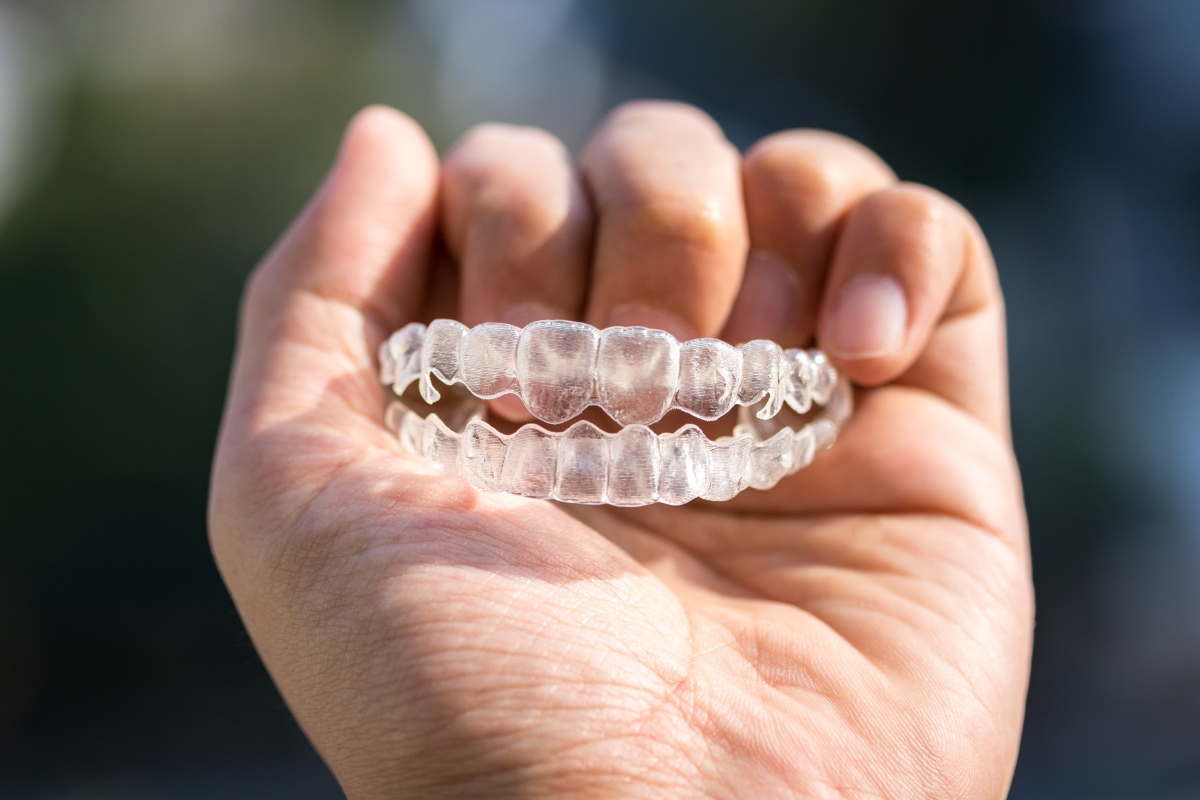

Dental anxiety in children is a common concern among parents, impacting their oral health and overall well-being. In this beginner’s guide, we’ll delve into the roots of dental anxiety, its effects on oral health, and effective strategies to help parents alleviate their child’s fears. By understanding and addressing dental anxiety early on, parents can pave the way for a lifetime of positive dental experiences for their children.
Understanding Dental Anxiety in Children
Imagine a brightly lit room filled with unfamiliar whirring machines and people in white coats poking around your mouth. It’s no wonder some children feel apprehensive about dental visits! Here are some common reasons why kids might experience dental anxiety:
- Fear of the unknown: The unfamiliar environment, sounds, and instruments at the dentist’s office can be overwhelming for young children.
- Loss of control: Lying back in a dental chair can feel like a surrender of control, which can be scary for some kids.
- Pain anticipation: Even the thought of potential discomfort during a cleaning or procedure can be enough to trigger anxiety.
- Negative past experiences: A bad experience at the dentist, even if minor, can leave a lasting impression and create dental phobia.
The Impact of Dental Anxiety on Oral Health
Dental anxiety can have detrimental effects on a child’s oral health if left unaddressed. Research from the National Institutes of Health (NIH) suggests that children with dental anxiety are more likely to avoid dental visits, leading to untreated dental problems such as cavities and gum disease. Moreover, neglecting dental care in childhood can set the stage for long-term oral health issues in adulthood.
Tips for Parents to Help Ease Their Child’s Dental Fears:
The good news is that there are many things you can do to help your child manage their dental anxiety. Here are some effective strategies:
- Familiarize your child with the dentist’s office well before their first appointment. Look for pediatric dentists who specialize in creating a child-friendly environment. Schedule “happy visits” where your child can simply explore the office and meet the dentist in a non-threatening way.
- Talk to your child about dental visits in a positive light. Use age-appropriate language and avoid using words like “shot” or “drill,” which can sound scary. Read children’s books about going to the dentist together and role-play what happens during a visit.
- Let your child know what to expect at the dentist. Explain the different instruments and procedures in a way they can understand. Show them pictures or videos of what happens at a dental visit.
- Use playtime to desensitize your child to dental tools. Let them pretend to be the dentist and examine a stuffed animal’s teeth with toy tools.
- Celebrate your child’s bravery after their dental appointment. Offer rewards for good behavior during the visit, but avoid using treats as a bribe beforehand, as this can reinforce the idea that the dentist is something to be dreaded.
Techniques Used by Pediatric Dentist in San Francisco, CA to Reduce Anxiety in Children:
Many pediatric dentists in San Francisco, CA, have a bag of tricks up their sleeves to help anxious children feel more comfortable during their visit. Here are some techniques commonly used:
- Tell-Show-Do: Dentists often explain what they’re going to do before they do it, demonstrating the instruments on a model or your child’s hand first. This helps to reduce the element of surprise.
- Voice Control: Dentists use calming and gentle language throughout the appointment, ensuring your child feels heard and understood.
- Nitrous Oxide (Laughing Gas): This safe and effective gas can help to reduce anxiety and make your child feel more relaxed during the appointment.
- Distraction Techniques: Pediatric dentists in San Francisco, CA, may use distraction techniques like playing music, watching videos, or using storytelling to divert a child’s attention during procedures.
- Positive Reinforcement: Dentists praise children for their bravery and cooperation during the appointment, helping to build confidence for future visits.
Conclusion:
Managing dental anxiety in children requires patience, understanding, and proactive intervention from parents and dental professionals alike. By implementing the tips outlined in this guide and fostering positive dental experiences, parents can empower their children to overcome their fears and prioritize their oral health. Remember, addressing dental anxiety early on sets the stage for a lifetime of healthy smiles and positive dental habits.






